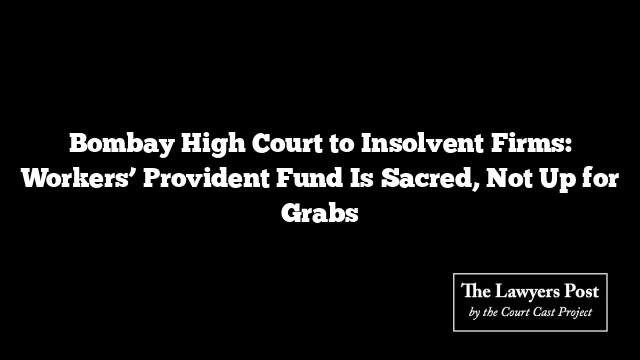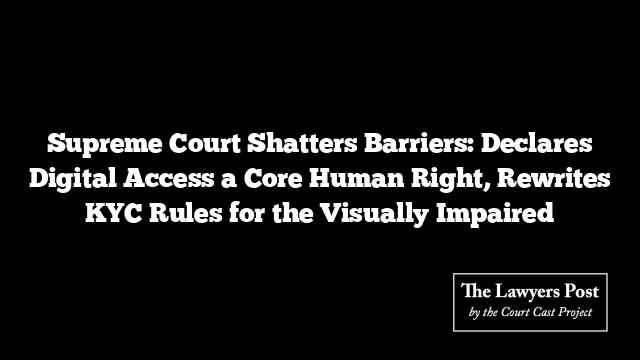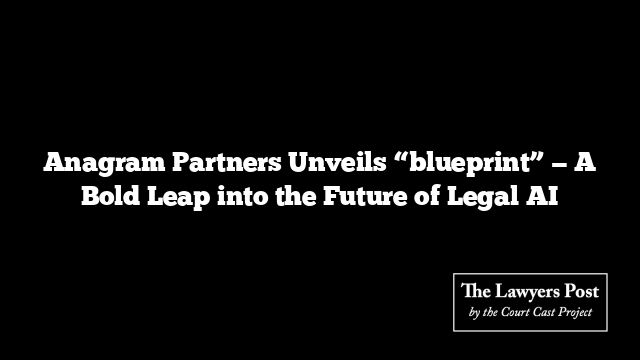In a powerful reminder that financial restructuring cannot trample workers’ rights, the Bombay High Court’s Nagpur bench ruled that provident fund dues — including employer contributions — remain off-limits even during insolvency resolution. Revival, the Court stressed, cannot come at the cost of employee security.
Taking up the case between Dalmia Cement (Bharat) Ltd. and the Employees’ Provident Fund Organisation (EPFO), a Division Bench of Justices Avinash Gharote and Abhay Mantri delivered a stern message: provident fund dues are not part of a corporate debtor’s assets under the Insolvency and Bankruptcy Code (IBC), and no resolution plan can erase them.
“Reviving a failing company is important,” the Court said, “but it must not be achieved by stripping employees of their hard-earned financial security — security that underpins the very existence of the company itself.” According to the judges, the legislature never intended for insolvency proceedings to trample such protections, particularly since employees, unlike governments or local bodies, cannot absorb such crushing losses.
The Court ordered Dalmia Cement to cough up ₹25.23 crore — the outstanding EPF dues owed to employees of Murli Industries Ltd., the troubled company it had acquired through an approved resolution plan.
Murli Industries entered insolvency proceedings in 2017 after Edelweiss ARC filed an application before the NCLT in Mumbai. Two years later, Dalmia’s resolution plan was greenlit, reviving its cement business and setting the stage for monetizing other assets. However, the plan included a promise: that all employee liabilities, including provident fund dues, would be honored by the new owners.
Despite this, Dalmia and its group companies sought to dodge responsibility when recovery notices came knocking from the EPFO after a 2020 order pegged the unpaid dues. Their argument? Since the EPFO hadn’t filed a claim during the insolvency process, its demands had simply vanished, citing the Supreme Court’s decision in Ghanashyam Mishra and Sons v. Edelweiss ARC.
The High Court wasn’t having it.
Provident fund dues, the Court ruled, are not just any liability — they are statutory obligations, held in trust for employees. Section 18 of the IBC, which governs the duties of interim resolution professionals, explicitly excludes trust property from the company’s assets. And in this case, employees’ PF contributions are exactly that: trust property.
The judgment leaned heavily on constitutional values too, invoking Articles 38 and 43 to underline that the IBC must be read in harmony with India’s commitment to social welfare.
Finally, the Court made it crystal clear: EPF dues do not fall within the definition of “operational debt” under Section 5(21) of the IBC. They belong to employees — not the Central or State government — and thus sit outside the reach of resolution plans.
With that, the petition was thrown out, reaffirming a basic principle: corporate clean-ups cannot leave workers empty-handed.





